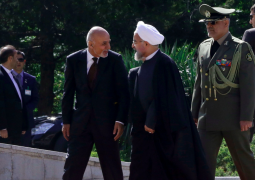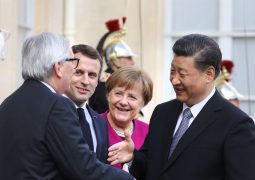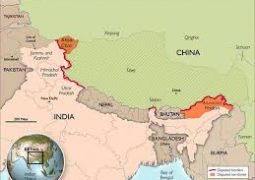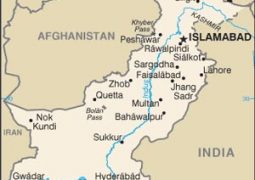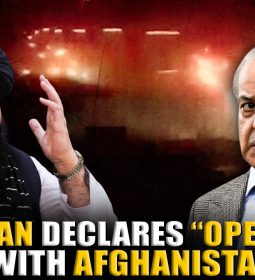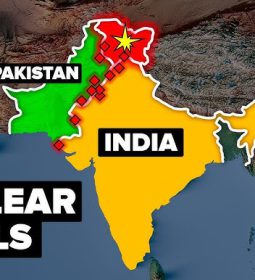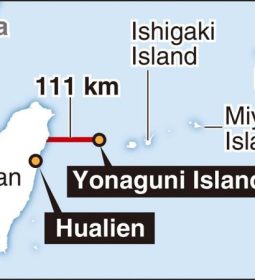Hail Britannia: Why British empire not existing anymore – view from Pakistan
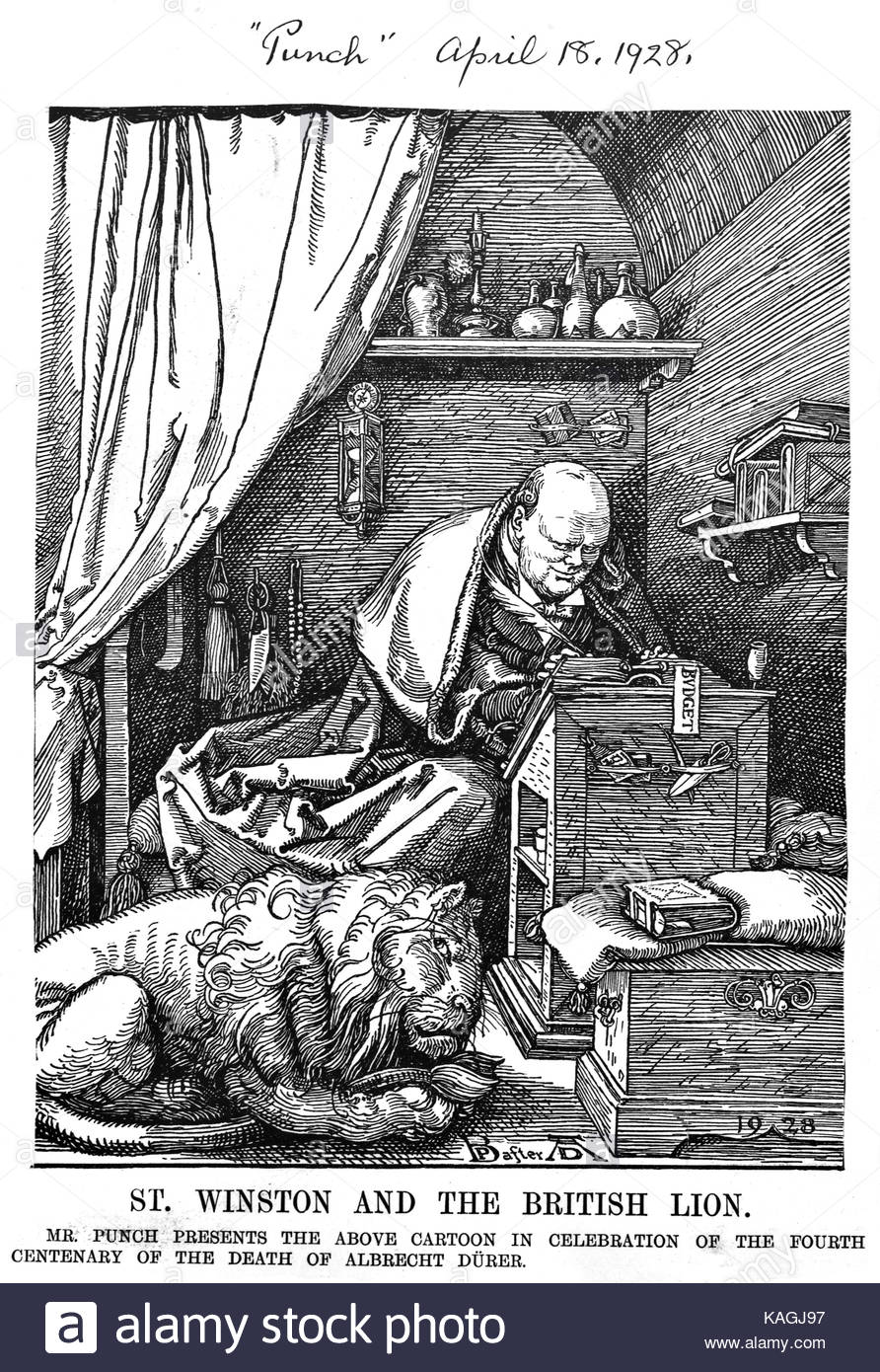
By Asad Rahim Han
February 3, 2019

IN Freedom at Midnight, that cheery ode to empire, we read that the natives have made a mess of things. Just a month after Independence, Nehru and Patel throw themselves at the last viceroy’s mercy “like a pair of chastened schoolboys”, per that same viceroy, Louis Mountbatten.
“We’re in an emergency and we need help,” pleads Nehru. “Will you run the country?”
Mountbatten is tickled pink. But he’s also appalled at how these crazy brown men are behaving. “My God,” he says, “I’ve just got through giving you the country and here you two are asking me to take it back!”
Britain’s denial has led to the most moronic decision in memory.
Despite kicking and screaming, Dickie Mountbatten ends up chairing a ‘secret’ emergency committee there and then, and restores peace to the land. Soon enough, the Crown’s intelligence reports on Punjab turn up such gems as “the practice of throwing Moslems from train windows is on the decline”.
If it’s not already apparent to one’s gag reflex, this is some top-shelf white saviour fantasy, one last con job that the last viceroy pulled on the books’ authors. All along, Mountbatten was, as Pankaj Mishra recently quoted, “a mendacious, intellectually limited hustler”. And all along, the British elite was a travelling circus of maps, medals, and grand larceny.
But decades after Freedom at Midnight soft-soaped the Raj, the full scale of the Crown’s crimes has yet to be uncovered. Per economist Usna Patnaik, the British could well have stolen up to $45 trillion from ‘British’ India. Which is why, in the time since, one would think there’d be some sort of readjustment: their hands pried free from their former colonies, the British ruling class could now fade into the sunset, content as the world’s fifth largest economy, nestled safely within the EU’s cold, competent super-apparatus.
The opposite has happened: Britain’s denial, its failure to come to terms with the end of empire, has led to the most moronic decision in memory — the Great Brexit Disaster of 2016, with a parade of disasters since. Come 2019, and we’ve already seen Theresa May lose her Brexit deal; seen her hang on for dear life as Tory leader after the worst government defeat in history; and watched as Barclays Bank makes off with €190 billion out of London and into Dublin (bear in mind, we’re barely into February).
The Tories couldn’t care less. While they yearned for the Raj, their austerity cuts drove voters to reach an angrier conclusion: leaving the EU. The welfare state is dead — as Maggie Thatcher put it, the problem with socialism is that you eventually run out of other people’s money. Maggie herself, as many have pointed out, never did run out of other people’s money funding death squads in Northern Ireland. This brings us back to the same point: Britain loses money it never had, to prop up schemes that could never work, to relive an empire it never deserved.
It’s no coincidence then, as one Guardian editor rightly pointed out, that so many Brexiteers have misty-eyed memories of ex-colonies: UKIP boss Henry Bolton was born and raised in Kenya; Leave EU campaign bankroller Arron Banks spent his summers in South Africa around his father’s sugar estates; the head of media for Vote Leave had ties to Zimbabwe; and the UKIP’s only MP during the referendum was raised in Uganda.
Not to mention Boris Johnson, that poster-child for chinless upper classes everywhere, singing a Kipling poem about soldiers kissing Burmese girls, during a tour of a temple in Myanmar (“No, not appropriate,” says the ashen-faced ambassador next to him).
Equally appropriate is the British mania for conquest — one it no longer has the capacity for — carrying over to its American cousins. Writing in The Spectator a month after 9/11, conservative Max Boot was among the few dumb enough to make the comparison a virtue. “Afghanistan and other troubled lands today cry out for the sort of enlightened foreign administration once provided by self-confident Englishmen in jodhpurs and pith helmets,” wrote Boot. “Is imperialism a dusty relic of a long-gone era? Perhaps.”
Today we know why, as America’s armies plan a mad scramble from Afghanistan, arms akimbo. Yet Boot doesn’t budge, “Building a national consciousness, while hardly impossible (the British turned a collection of princely states into modern India), is a long-term task.”
Just how long, we don’t know: the Americans tried 17 years and failed. The British tried 200 and failed. Even the jodhpurs those “self-confident Englishmen” wore were stolen from Pratap Singh’s riding churidars from Jodhpur. But who cares?
Britain may still see sense of course, and stick to the EU. Its leaders may yet understand there can be no pride in empire, just as there can be no pride in plunder. And its librarians can move Freedom at Midnight to the fiction section, alongside Churchill’s speeches. Until then, Brexit awaits.
The writer is a lawyer.
Published in Dawn, February 3rd, 2019
- Previous Men’s fashion Afghan style in photos
- Next Policy Analysis:The Art of the Balance: Japan, China and the United States




